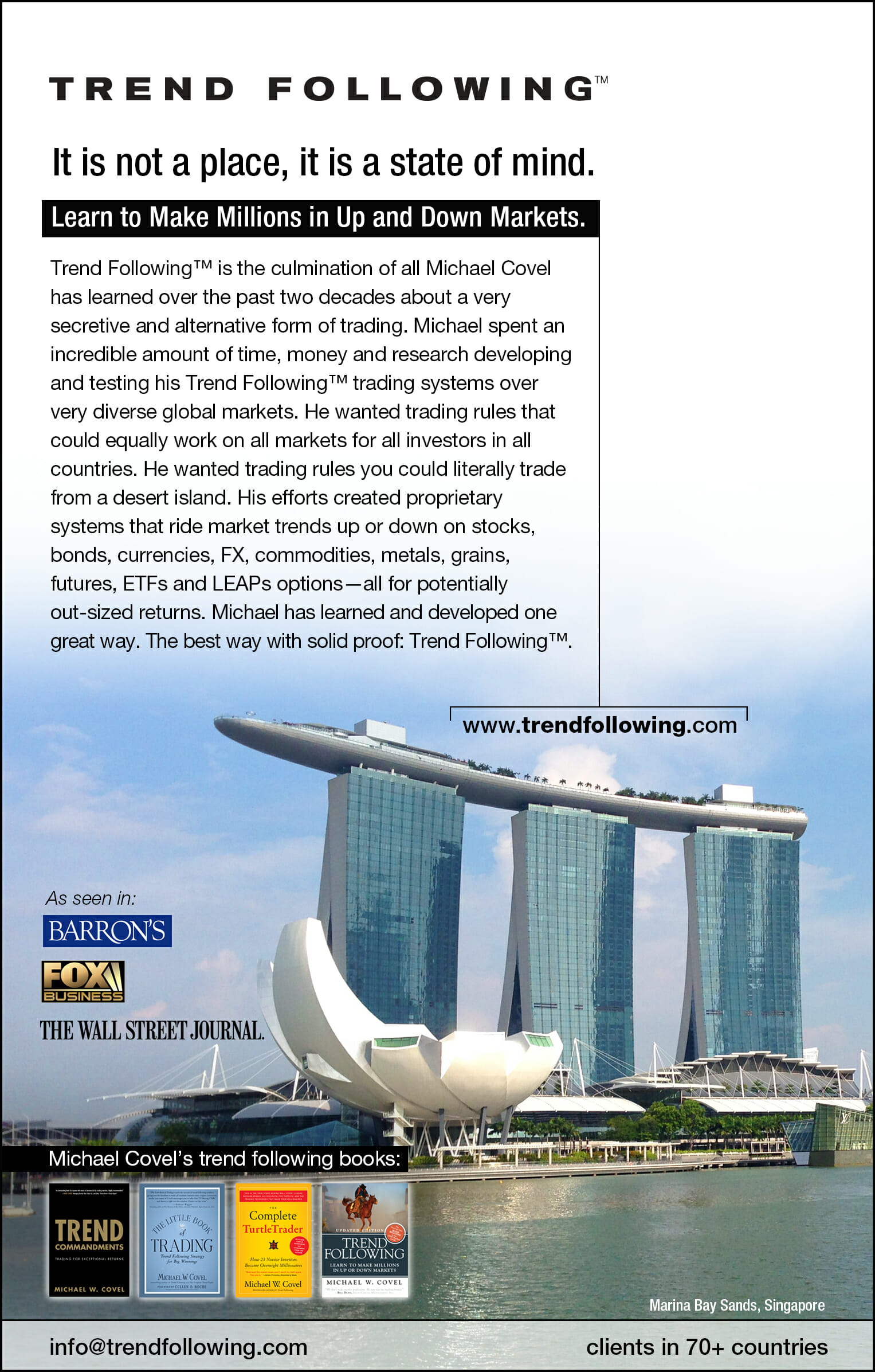People tend to fixate on the price paid for a stock or commodity. This can cause you to hold on to losers, or even worry about selling winners. Carnegie Mellon’s Loewenstein calls this coherent arbitrariness. In experiments, he finds he can convince one person to accept that listening to a loud noise is worth, say, a dime, and persuade another person to take a dollar for the same unpleasant experience. Afterward, both cling to their starting values as a reference point. To listen three times as long, one listener will demand 30 cents while the other asks for $3. Much in the same way, one who buys WorldCom at $60 a share may forever after view the stock’s value in relation to that amount — even if it sells for $20 now and the climb to $60 looks like something out of a Jon Krakauer book.
Another trap people fall into is what Hersh Shefrin, author of Beyond Greed and Fear: Understanding Behavioral Finance and the Psychology of Investing, calls a confirmation bias. Put another way, it’s the all too natural ability to convince ourselves of whatever it is that we want to believe. How? We simply give more weight to events that support our desired outcome than to any evidence to the contrary. (No revenues? No problem. This is not your father’s economy!).
According to research by behavioral economist Richard Thaler of the University of Chicago, the more often people check stock prices, the greater they perceive their risk to be. That means they’re more likely to do something foolish, like sell a good stock in bad times.
Trend followers are not fixated on the price paid, have no confirmation bias and don’t watch the market all day.
Sunk Costs
You must ignore sunk costs. What is a sunk cost? A sunk cost, by definition, is one that has already been incurred:
A cost incurred in the past that will not be affected by any present or future decision. Sunk costs should be ignored in determining whether a new investment is worthwhile.
Simple sounding, but tough psychologically in practice. Consider the following example from Robert Bass in the Department of Philosophy, at Bowling Green State University:
You and your companion have driven half-way to a resort. Responding to a reduced rate advertisement, you have made a nonrefundable $100 deposit to spend the weekend there. Both you and your companion feel slightly bad physically and out of sorts psychologically. Your assessment of the situation is that you and your companion would have a much more pleasurable weekend at home. Your companion says it is too bad you have reserved the room because you both would much rather spend the time at home, but you can’t afford to waste $100. You agree. Further, you both agree that given the way you both feel, it is extraordinarily unlikely you will have a better time at the resort than you would at home. Do you drive on or turn back?< If you drive on, you are behaving as if you prefer paying $100 to be where you don't want to be rather than to be where you do want to be. Suppose you and your companion proceed to the resort because you cannot afford to waste the $100. If you do, it will be an example of what economists often refer to, and object to, as honoring sunk costs. Their objection will be that it is, under the circumstances described, irrational to go on rather than returning home. The $100 will have been spent in any case. Since the deposit was nonrefundable, going on to the resort will not result in any refunds and so, all that should enter into the decision is how well you and your companion will (probably) feel (how much you will enjoy yourselves, etc.) at the resort or at home. If, all things considered, you expect to feel better at home, then you should turn back and go home. You gain neither the deposit nor any compensation for having made the deposit by going on to the resort; you only end up feeling worse than you would at home.
Handling sunk costs properly is one of the primary reasons trend followers win.
Trend Following Products
Review trend following systems and training:

More info here.
